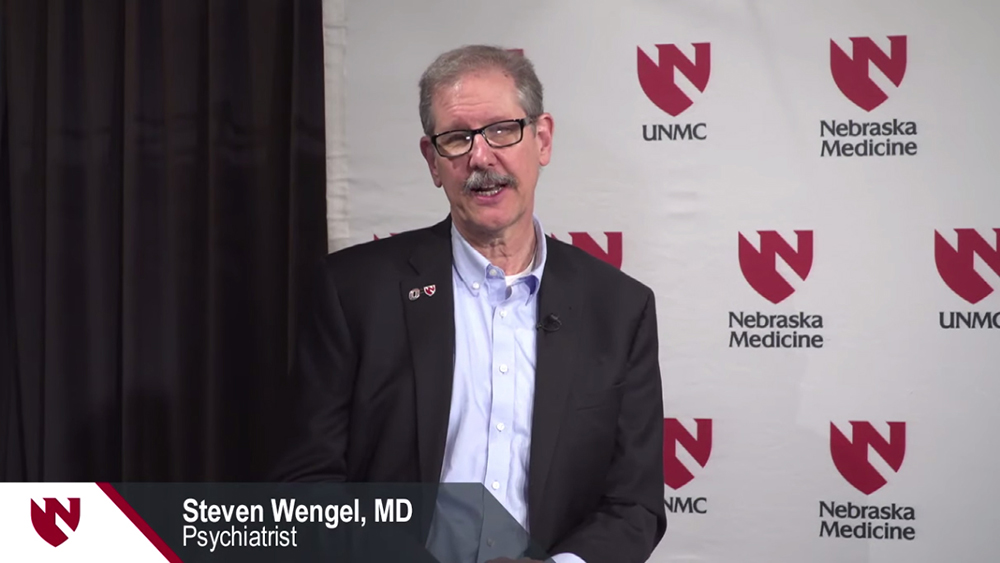We really enjoyed the recent video (below) from Nebraska Medicine with psychiatrist Steven Wengel, MD. Here are some of the tips he shared:
Relationships
Stay connected with family and friends. Social distancing is especially hard for people who live alone and the elderly, many of whom suffer from chronic health issues. If you can, encourage relatives to download video calling apps so you can chat face-to-face.
Routines
Simple things like taking a shower and changing out of pajamas in the morning can add normalcy and calm to your life. Remember to keep up exercise routines, even if you can’t go to the gym. It’s okay to indulge occasionally, but be sure to eat fruits and veggies to boost your immune system. We also recommend a daily cup of tea!
Relaxation / Reflection
Formal meditation, eating mindfully, and controlled breathing have a great positive impact. Keeping a gratitude journal forces your brain to look for the positive. After keeping a gratitude journal, Dr. Wengel says, MRIs reveal the brain “gets thicker and healthier in key areas”.
To help with sleep, he recommends the free CBT-i Coach app or free guided meditation app from UCLA’s Mindful Awareness Research Center.
It’s natural to feel stressed and anxious at times. Check with your doctor to see what telemedicine options they offer. There are always people available if you need to talk to someone. The Suicide Prevention Hotline can be reached at 1-800-273-8255. For parents, the Boys Town National Hotline can provide guidance at 1-800-448-300.
Let us know what you’re doing to stay calm and healthy in the comments below.




